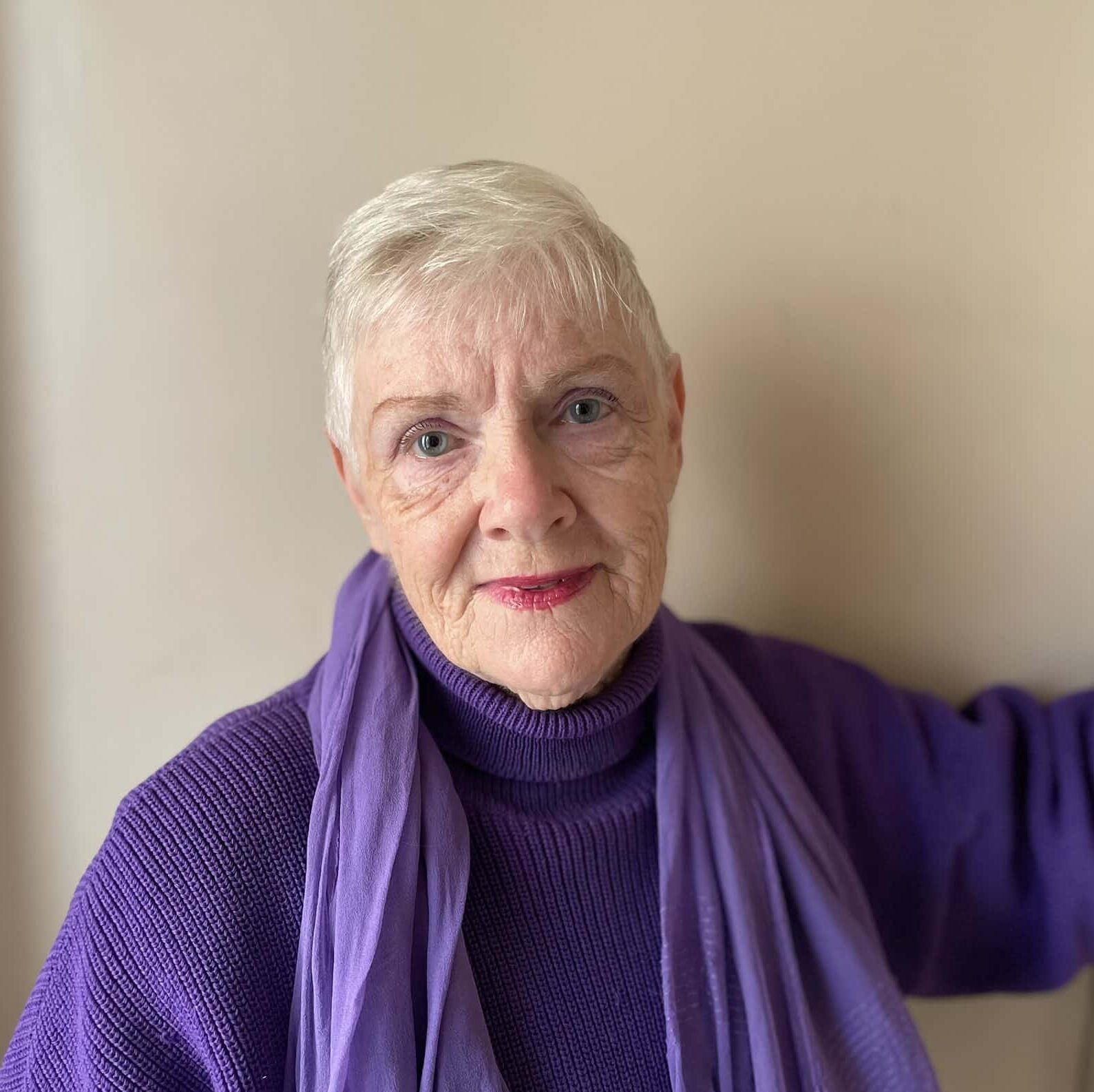THE WAY THINGS ARE
I only heard parts of an interesting programme on the BBC, because phone calls prevented me getting the title or presenter who subjected himself to reacting to various noise tests. The one that caused him no problems such as increased heart rate and sweating, was the sound of children at happy play.
Other sounds caused the expected, unsettling results. One of the worst offenders was the noise of heavy traffic on a busy road where decibels rise well beyond the accepted level. Nicosia belongs to that polluting club. Increasing deafness is one obvious result, among a list of other health dangers and, if you have been subjected to heavy noise over decades it literally can shorten your life.
Musicians or DJs who perform for hours to very loud music often end up partially or very deaf.
It’s not only your body that takes the hit when the noise is aggravating, your mental health is also at risk. Using noise as a weapon of torture is an ancient bad art. I once worked near a large primary school where children making noise in its sizeable playground was, for a while, very distracting, I found it hard to concentrate. But as the sound was not unpleasant, it soon faded to a point where I no longer paid it any attention.
Living on my otherwise agreeable street constantly aware of a deafening traffic flow, is an irritation shared with my neighbours. It’s impossible to hold a normal conversation inside your home with a window open to let in some questionably fresh evening air as cars whizz past non-stop, horns blare, attention-seeking motorbikes rev aggressive engines, and car radios let loose several kinds of thunka-thunka music if the traffic lights at the end of the street cause a pause outside.
As with the test subject, the noise we can bear, don’t mind or hate, is subjective. If you are giving a party with loud music, as the programme indicated, you and your guests will probably be enjoying the happy atmosphere, whereas your uninvited neighbour may find it infuriating.
Music can be soothing and pleasure giving, again depending on who is playing it and how loudly. An inconsiderate neighbour’s taste in music may not be yours and if they continue playing at full volume for extended periods, particularly during summer siesta, it can create irritation to the extent that you feel the need to confront the offender.
Selfish people in public spaces who don’t wear headphones as they loudly converse or listen to a high-volume podcast, sharing their (unwanted) pleasure with people around them, are a nuisance. And asking a self-indulgent stranger to lower the sound may get you a nasty response.
Far be it from me to be a killjoy, but every summer in Nicosia concerts with popular artists are arranged in the moat under the Venetian Walls. This group experience is intoxicating and exciting for those watching a favourite performer, I loved it when I was young. Older now, living near the walls, I get irked, depending on the artist(s) and the kind of music playing, some of which is often far too loud and goes on after midnight.
If, at my distance, it seems too loud, how does it feel for those living really close? Am I wrong in thinking that sites in other countries like Glastonbury or large arenas away from city centres, are the best places for such concerts? There are people, who for some reason before they cross the road, stop under my window to have loud conversations competing with the noise of the cars to make themselves heard. Unfortunate dogs, kept in small yards and never walked bark frustratedly at anyone who passes.
This main artery to and from the centre could be made one way, its parallel the other way; both end in the same route. Nicosia needs to reduce the decibel levels or the national health scheme Gesy will likely pay the price.






Click here to change your cookie preferences